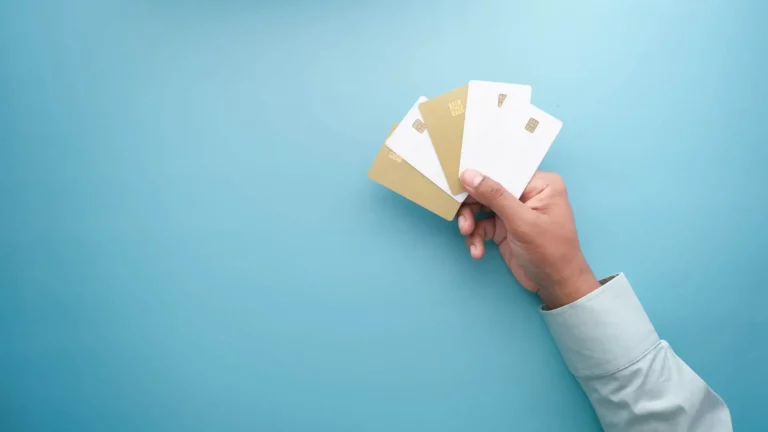Paying off student loans, buying a luxury EV in 2023, living in a self-owned villa in 10 years. You’ve got a list of short term and long term financial goals, right? But how do you fulfill those goals when you have a zero credit history? Or worse still, a bad credit score? Building a good credit score gives you direct access to more credit to help fulfill your financial goals.
Using a credit card responsibly could make this happen.
Ways to build good credit with a card
Credit cards can help you build a good rating which gives you access to more credit at lower interest rates. Good credit happens when you can demonstrate that you can use the credit assigned to you, responsibly, over a considerable period of time. And how can you do that?
Pay your bills on time
To build credit with your card, the most basic thing you can and must do is to pay your bills on time every month. If you miss your bill’s due date, not only do you end up paying late fees eventually, but also lose eligibility for introductory or promotional interest rates on your account. You can avoid this by setting up an autopay on your account so that you never miss a payment, even if it slips out of your mind.
Buy and pay on time
As you make purchases on your card and pay them off on time, it affirms that you are responsible and can handle debt properly and stick by repayment schedules. On the other hand, a late payment is a sign that can hurt your scores and affect your report for several years.
Keep a valid card and use it sparingly
Simply having a valid credit card and not using it at all is the easiest way to build a score, as it shows that you are not desperate for credit. Or better still, use the card sparingly and pay off the dues in full before your payment is due.
Maintain a low utilization rate
Your credit utilization, also known as your debt-to-credit ratio, represents the ratio of your total outstanding balance on your card to your overall card limit. Low utilization is better. Avoid maxing out your card. The Consumer Financial Protection Bureau (CFPB) recommends trying to keep your card balances around or below 30% of your limits.
Monitor your transaction history
Regularly checking your credit card statements may also help you in your journey to improve your credit as it prompts you to stay well below your credit limit. Another potential benefit of this practice is that you may spot errors in your reports, if any, and take quick action in case there are fraudulent transactions. Monitoring your report can also help you spot potential fraud attempts.
Fulfill your financial goals, with good credit
If you’re actively looking for a new card, you can find a range of options online. That said, a secured credit card is the best option for good credit, if you’re building for the first time or looking to improve your score. Secured cards provide a small line of credit in exchange for an affordable, refundable security deposit.
The lifetime value of a good score will save you money on most of your major life purchases, so it’s a financial target worth pursuing. By using a card responsibly, you just might help yourself to a better financial future.






























